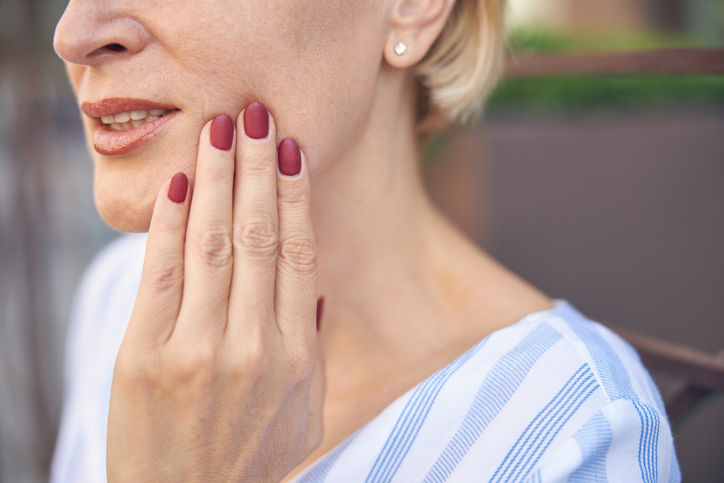
How to Get Rid of Tooth Sensitivity
Have you ever felt a sense of discomfort or pain after eating cold ice cream or hot soup?
You’re thinking, where did this sensation come from? And how do I get rid of this tooth sensitivity?
Tooth sensitivity relates to a sense of discomfort as a response to specific stimuli. This response may go away on its own or become a chronic issue. It can also affect just one tooth or several teeth at the same time.
If you’re experiencing tooth sensitivity, here are a few things you should know.
What causes tooth sensitivity?
Worn tooth enamel or exposed tooth roots are the most common causes of tooth sensitivity.
But, sensitivity can also occur because of a chipped or cracked tooth, a cavity, gum disease, or even a worn filling. This is why activities like eating, drinking, or brushing can cause a short onset of pain.
Since developing teeth sensitivity can depend on several factors, it’s best to visit your dentist. Only they can pinpoint what’s causing your discomfort, rule out any serious medical conditions of your tooth pain and formulate a unique treatment plan for you.
Keep in mind, if you’re over 40, you might be experiencing naturally shrinking gums— wear and tear of gums (that may require a gum draft).
Are there any ways to get rid of tooth sensitivity?
If your pain is bothering you and disrupting your daily activities, here’s a few recommendations that may help:
- Applying prescription fluoride to strengthen tooth enamel (and reduce pain).
- Switching to a sensitive toothpaste, which can help desensitize your teeth.
- Getting a root canal that treats a tooth’s soft core (also known as the dental pulp).
- Using a soft-bristled toothbrush to preserve your enamel.
- Using a mouthguard if you grind your teeth at night (which can also cause tooth sensitivity).
It’s also important to take a break from bleaching, a process that can increase your teeth sensitivity.
How do I stop my tooth sensitivity from coming back?
After speaking with your dentist to learn the causes and best treatment plan for your tooth sensitivity, it is important to take precautions to prevent it from coming back.
Brushing your teeth twice daily with a soft-bristled toothbrush and flossing helps. While using fluoride toothpaste, also avoid harsh scrubbing. Instead, use gentle strokes that can further protect your enamel.
While eating or drinking acidic foods and drinks, use a straw to limit contact with your teeth. Drink water right after to balance the acid levels in your mouth, especially after drinking carbonated drinks, wine, or eating citrus fruits (like oranges and lemons).
Remember all acidic foods and drinks can remove small amounts of tooth enamel over time.
If you’re experiencing tooth pain, don’t shy away from getting proper dental care!
Ignoring your teeth health can make things worse.
You may not see the problems setting in right now, but eventually, they’ll catch up with you.
